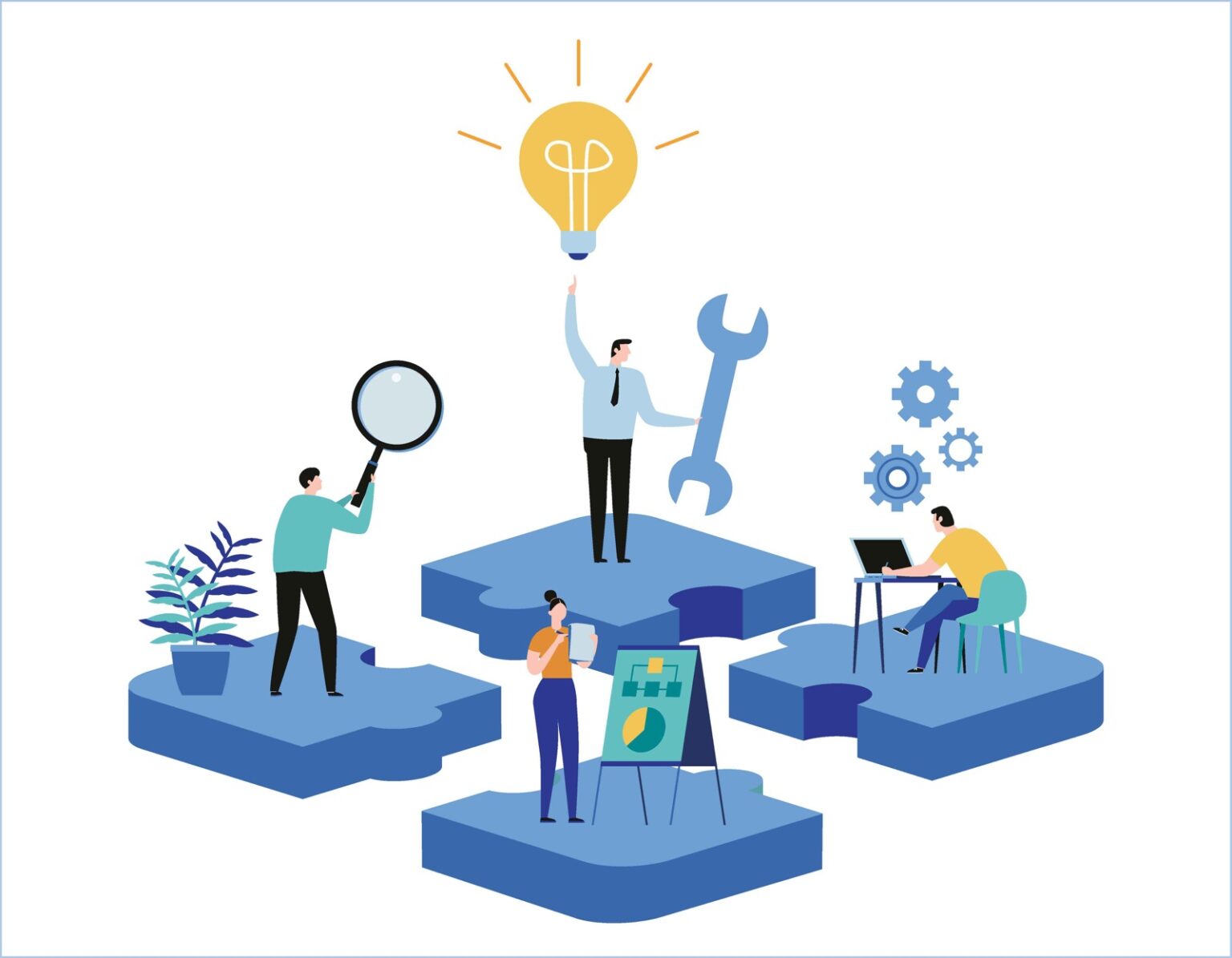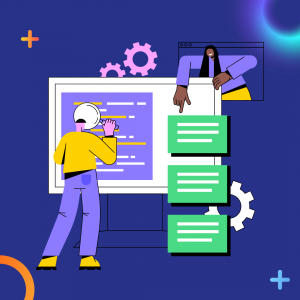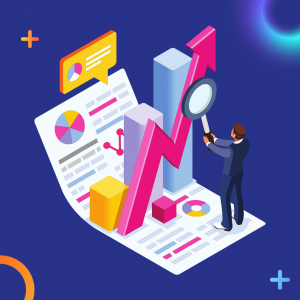In today’s competitive IT job market, understanding which technology stacks are in demand can make all the difference in securing a job or successfully upskilling. Whether you’re starting your journey as a Software Developer, Software Tester, or Business Intelligence Developer/Data Analyst, aligning your skills with market needs is crucial.
This blog will guide you on how to focus your learning on the technologies that employers are actively seeking.
Why It’s Important to Choose the Right Tech Stack
The tech landscape is constantly evolving, with new tools, frameworks, and programming languages emerging frequently. However, not all of these technologies are widely adopted in the job market. Learning stacks that aren’t in demand can limit your career opportunities. The key is to focus on what the job market needs—skills and technologies that can help you secure your next role.
By researching employment platforms like Seek, Indeed, LinkedIn and various company websites, you can stay updated on where job opportunities are concentrated and which tech stacks employers are looking for. Here’s a breakdown of the most in-demand technologies for Software Developers, Software Testers, and Business Intelligence/Data Analysts.
1. For Software Developers
When entering the software development job market, many companies prioritize developers with experience in widely-used and scalable technologies. Based on current job trends, the following stacks are highly sought after:
- Frontend:
- React.js and Angular are leading frameworks for building user interfaces.
- HTML5, CSS3, and JavaScript/TypeScript are essential foundational skills.
- Backend:
- Node.js, Python (Django/Flask), Java (Spring Boot), and .NET Core are in high demand.
- Go and Ruby on Rails are also gaining traction for certain types of applications.
- Databases:
- Companies prefer experience with SQL databases like PostgreSQL and MySQL, as well as NoSQL solutions like MongoDB.
- Cloud:
- Cloud skills are becoming critical, with demand for proficiency in AWS, Azure, and Google Cloud Platform (GCP).
 Key Focus:
Key Focus:
Aim to build projects that show proficiency in both frontend and backend development. Full-stack development experience can significantly increase your employability. Also, cloud knowledge is a must, especially in scalable and distributed systems.
2. For Software Testers
As businesses focus on delivering high-quality software at speed, the role of software testers has become crucial. Upskilling or entering the market as a software tester means focusing on both manual testing and automation testing tools. Here’s what the job market is currently asking for:
- Manual Testing:
- Understanding of test cases, scenarios, and execution is still important, but transitioning to automation is where the majority of opportunities are.
- Automation Tools:
- Selenium is the leading tool for web application testing.
- Cypress, Appium, and Postman for API testing are also gaining traction.
- Programming Knowledge:
- CI/CD Tools:
- Understanding Jenkins, GitLab CI, and Docker is important for integration with the development pipeline.
Key Focus:
If you’re new to software testing, start by mastering manual testing principles but quickly transition to automation testing with tools like Selenium or Cypress. Keep your skills updated with scripting languages and CI/CD tools.
3. For Business Intelligence Developers and Data Analysts
With companies increasingly relying on data to make informed business decisions, roles in business intelligence (BI) and data analysis are on the rise. However, it’s essential to learn the right tools and platforms that hiring managers are seeking.
BI Tools:
-
- Power BI and Tableau are the leading visualization tools.
- Knowledge of SSRS and Looker can also be advantageous for specific industries.
- Data Analysis:
- Strong proficiency in SQL is a must-have for querying and managing data.
- Familiarity with Python or R for statistical analysis and machine learning.
- ETL (Extract, Transform, Load) Tools:
- Microsoft SSIS, Azure Data Factory, and Talend are in demand for BI developers focused on building data pipelines.
- Cloud-Based Data Solutions:
- Azure Synapse, AWS Redshift, and Google BigQuery are gaining popularity for cloud-based data warehousing.
Key Focus:
Focus on SQL, Power BI, and Tableau as your core skills. Additionally, knowledge of cloud-based data platforms such as Azure and AWS will increase your marketability.
Conclusion
The importance of aligning your skills with market demand cannot be overstated. By researching the technologies that are actively sought by employers, you ensure that the time you spend learning new skills is an investment in your future career. Whether you’re a Software Developer, Software Tester, or Business Intelligence Developer/Data Analyst, focus on acquiring the skills and experience that will make you stand out in the job market. Always keep an eye on employment platforms to stay updated with the latest trends.
By strategically choosing the right technology stack, you’ll position yourself to secure exciting job opportunities and build a successful career in the IT industry.
At Industry Connect, we’ve done the work for you by ensuring that our job-ready programmes for Software Developers, Test Analysts, and Business Intelligence Developers or Data Analysts are up to date with the most in-demand tech stacks that employers are looking for. This, in turn, positions our people well for the job market opportunities that arise.
Antu upskilled and secured a job as a Test Engineer
What is Industry Connect?
Industry Connect is an IT/Software Career Launchpad that has everything you need
to kick-start your IT/software career in AU, NZ, UK, IE, SG, HK, IN, ID, VN & PH.
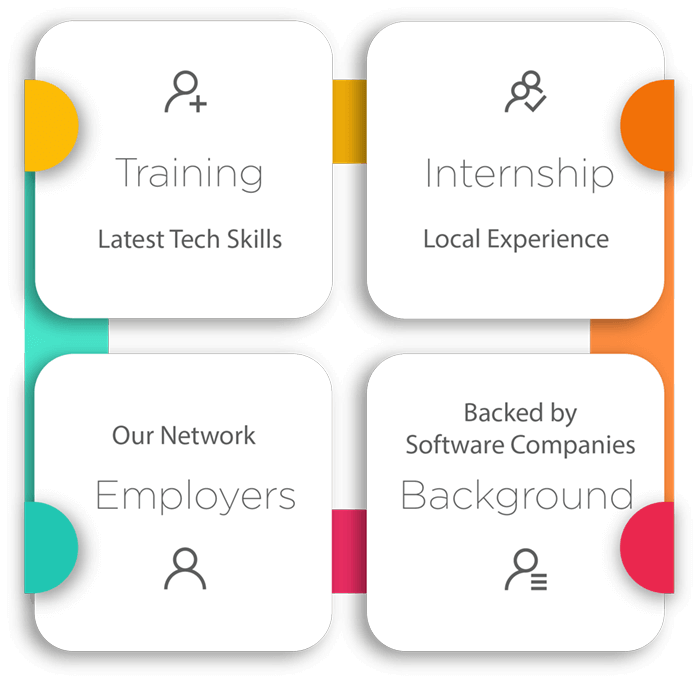
We have been helping career changers, recent IT graduates and people with a career gap
to start their IT/software careers.
Over the years, we have helped hundreds kick-start an IT/software career.
(Verifiable evidences are available on this website)
OUR CORE
We are an innovative software training school backed by global/local software companies.
Our ecosystem is an incubation process that supports our participants until they launch
a tech career.
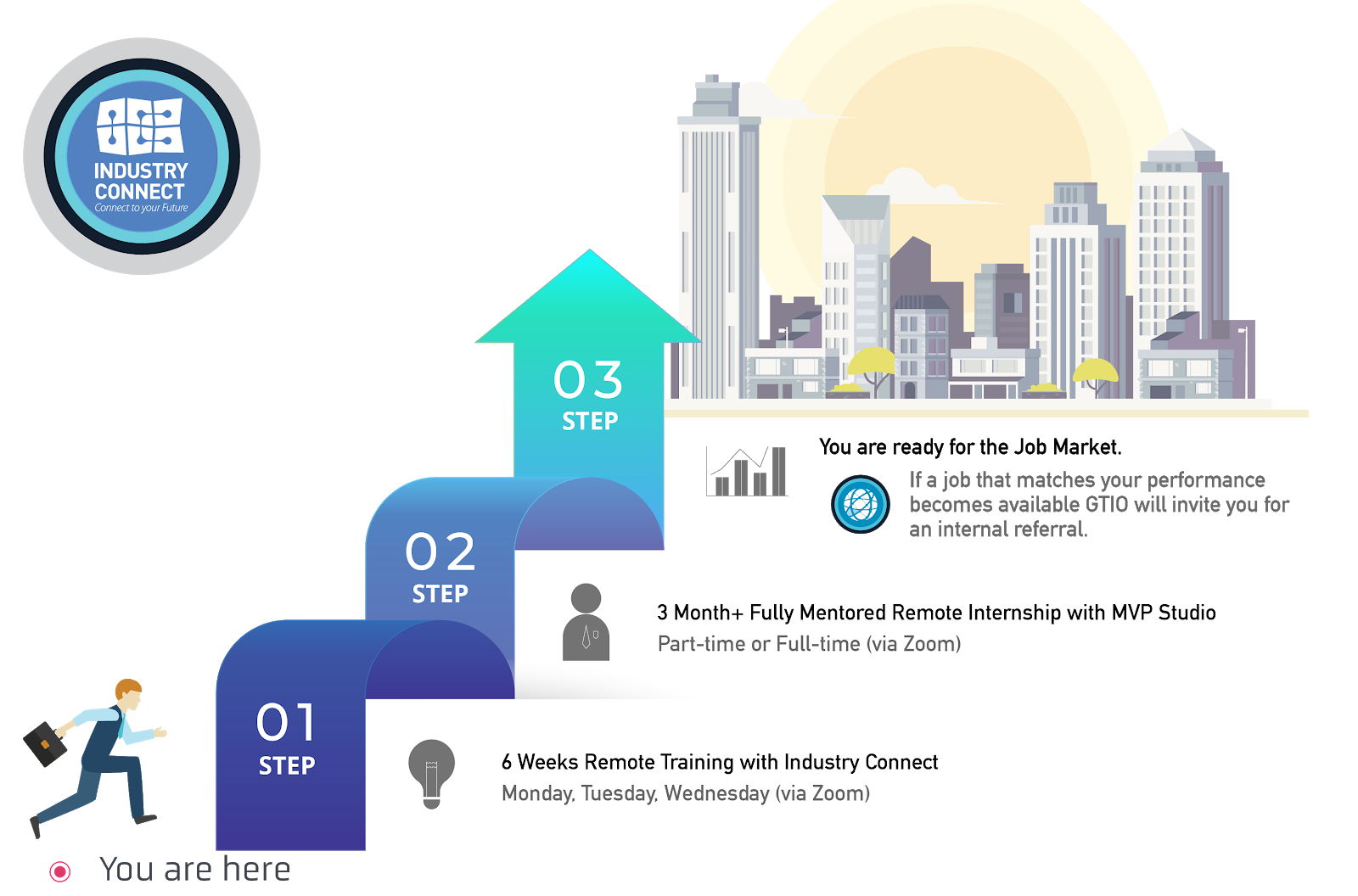
OUR PROGRAMMES
Our Job-Ready training programmes focus on:
- Software Development
- Business Intelligence (or Data Analyst)
- Test Analyst
PROGRAMME STRUCTURE
- Six Weeks Training Classes (Practical Tech Skills)
- Three Months (or more) Structured Internship on Large Commercial-Scale Projects (flexible hours)
- Employer Network (job analysis and internal referral if goals are met)
You can join us via Zoom (live face-to-face meeting) remotely from anywhere and
“download” the valuable knowledge & experiences from our tech experts across
different tech centres.
Watch 300+ Stories of Career Starters in IT/Software
- Career Changers & Switch to IT
- Recent Graduates
- People with a Career Gap
- New Software Developers
- New BI or Data Analysts
- New Test Analysts
Click the image to watch those who changed their careers to IT, had gap years and recent IT graduates.


